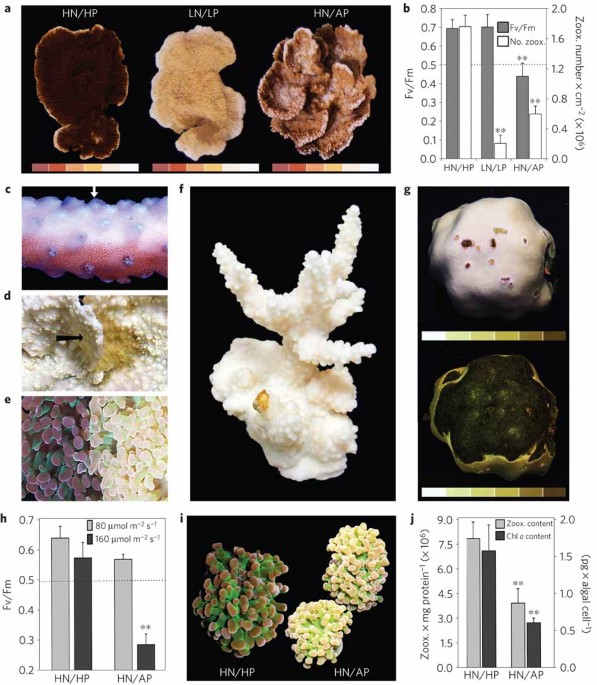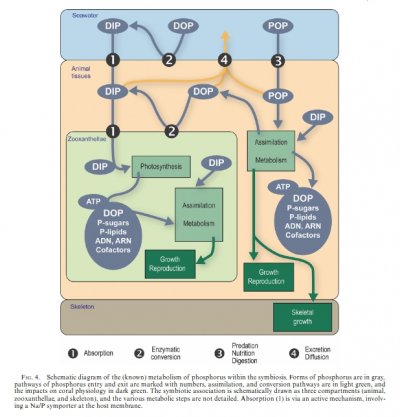- Joined
- Aug 20, 2018
- Messages
- 958
- Reaction score
- 311
So last week I added two clowns to my 37 gallon reef tank system. It already had one firefish. I started to notice two days ago that there was some green slime growing on the rocks. My nitrates are very low but my phosphates are around 0.2 ppm. Before adding the fish my phosphates were under .1ppm. Should I let it go down on its own, I also have a refugium with chaeto. I have gfo but no reactor, is their a way to run it? Should I just let the chaeto and algae deal with it. I’m using ro water, and don’t want to do a water change because I did one last week, and won’t have the time for another couple days.
Thanks.
Thanks.





















